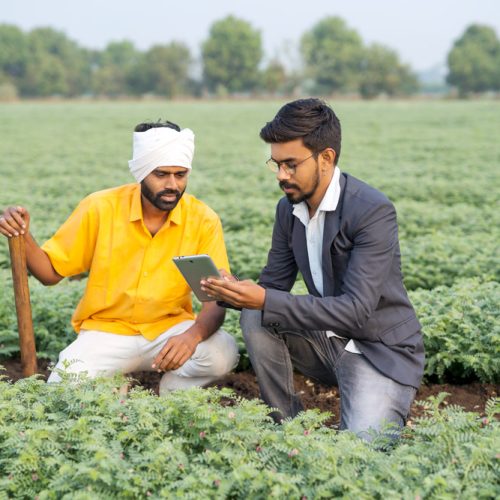NMV University, Chennai — Overview
NMV University is a private university in Tamil Nadu, India, established under the Tamil Nadu Private Universities Act, 2019.
The campus includes several institutes: the NMV Institute of Agriculture, Research & Technology; Institute of Science & Technology; Art & Design; Education etc.
Courses Offered
At the Agriculture / Agricultural Research & Technology arm (NMV IART) the key courses are:
| Level | Course | Duration / Other info |
|---|---|---|
| UG | B.Sc (Hons.) in Agriculture | 4 years, full‑time mode. Eligibility: 10+2 with PCB or PCMB, with minimum ~50% marks. |
| PG | M.Sc in Agricultural Economics | 2 years, full‑time. |
| PG | M.Sc in Agricultural Extension Education | 2 years. |
Besides agriculture, NMV University also offers B.Tech (Computer Science, AI & Data Science, AI & ML etc.), BFA (Visual Communication), Bachelor of Ceramic Design & Sculpture (Hons), other arts/design/fine arts courses.
Fee Structure
For Agriculture UG (B.Sc Hons), the fee is in the range of ₹6,00,000 (i.e. ~₹6 lakh) for the full course.
Variations in fees depend on course, institute, and whether PG / Fellowship etc.
Accreditation, Approvals & Recognitions
NMV University is recognized by the University Grants Commission (UGC).
It was established under the Tamil Nadu Private Universities Act, 2019.
The agriculture institute is part of NMV, offering full‑time agricultural degrees, which implies they follow regulatory and academic norms. However, specific agricultural accreditations (for example by ICAR – Indian Council of Agricultural Research) are not clearly mentioned in sources I found.
Faculty / PhD Staff Numbers
Data on exact number of faculty, especially PhD holders, is not clearly available in the public sources I checked.
What is known: the agriculture institute has faculty capable of supervising PG level courses. The university brochure lists the agriculture specializations and research orientation. If you want, I can try to get recent figures for professor / associate professor / PhD count via their latest report or RTI etc.
Placement & Recruiters
The placement rate for agriculture courses (for example B.Sc (Hons) Agriculture) is reported to be about 50% in some student reviews. Internships are provided; students get internships in fertilizer and seed companies. Some sources (but not fully confirmed) say top recruiters include companies like Tata Consultancy Services, Infosys, Wipro, HCL, Cognizant etc. in general for NMV University across courses. However, for agriculture specific roles, recruiter details are more likely to be agriculture firms, seed / fertilizer companies etc. (student review says “fertilizer and seed companies hire the students.”)
Tie‑Ups / Industry Connections
The available sources did not clearly list formal MoUs or tie‑ups specifically for the agriculture institute.
Internships with sector firms (seed, fertilizer) seem to happen. That suggests some industry linkages.
University‑level tie‑ups (for other departments) might exist; not detailed in the agriculture materials I saw.
College / Institute Highlights
Here are the key highlights / strengths inferred:
Relatively New but Ambitious: Established 2019, yet putting up several full‑time agriculture‑based degree & PG courses, signalling serious focus.
Focused Agriculture Institute: NMV Institute of Agriculture, Research & Technology offers specialized courses with field‑oriented learning (labs, research plots).
Good Qualifications / Eligibility Structure: Clear eligibility criteria, rigorous admission via NMVEET / merit etc. Cost: High fee (₹6 lakh for B.Sc Agriculture) means prospective students need to consider return on investment.
Placement & Internship Exposure: Some placement / internship support, especially via seed/fertilizer companies, but agriculture placements less documented compared to technical/engineering courses.
Facilities: Labs, research infrastructure, classrooms etc are reported to be adequate / modern by students.
Areas Lacking / Things to Check
Exact statistics of faculty with PhD, their research output, numbers of PhD scholars under supervision are not public in detail.
Accreditation by ICAR (if applicable) for agriculture programs isn’t clearly confirmed.
Clear, recent placement package data for agriculture graduates is sparse.
Details of major formal tie‑ups (companies, agencies) explicitly for agriculture are minimal in public sources.
